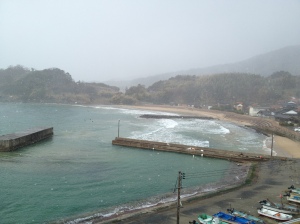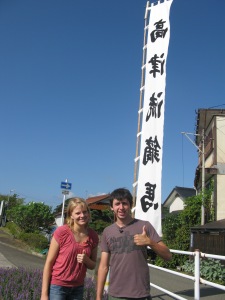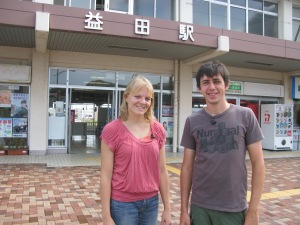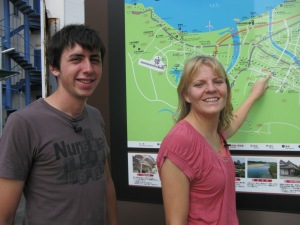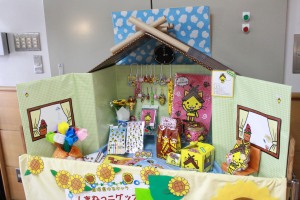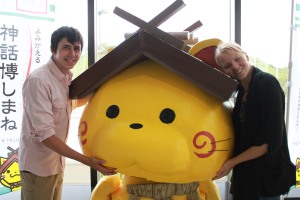Diary
Nick took me to the beach today! The water looked so nice, but it was very cold outside. Nick told me that it’s a great place to swim and hang out during the summer. Many people come to have barbecues, as well as swim. This beach is especially great for swimming because the water is shallow and the sand is soft. I hope to come to the beach a lot this summer! -Ben-
Vocabulary
hang out
barbecues
especially
shallow
Diary
Nick took me to the beach today! The water looked so nice, but it was very cold outside. Nick told me that it’s a great place to swim and hang out during the summer. Many people come to have barbecues, as well as swim. This beach is especially great for swimming because the water is shallow and the sand is soft. I hope to come to the beach a lot this summer! -Ben-
Vocabulary
hang out
barbecues
especially
shallow
